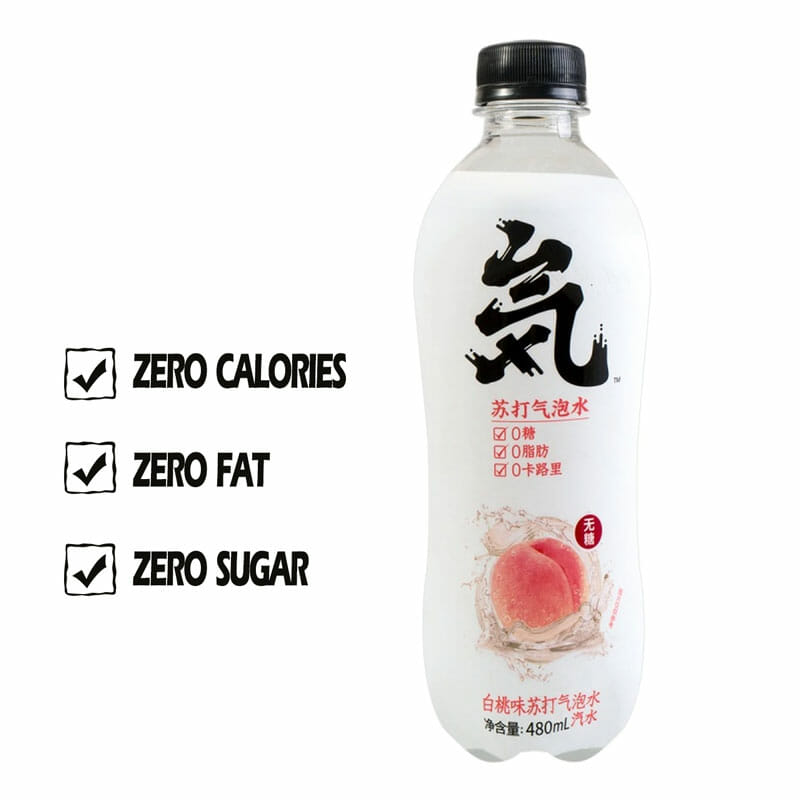Table of Contents
Organic xylitol is a natural sweetener derived from fruits and vegetables that has many benefits for human health. It contains less carbohydrates and calories than table sugar, making it a suitable alternative for people who want to reduce their sugar intake. Organic xylitol also has dental benefits, as it inhibits the growth of bacteria that cause tooth decay and plaque. Moreover, organic xylitol does not raise blood glucose or insulin levels, making it safe for diabetics and people with metabolic disorders.
The global organic xylitol market is expected to grow exponentially in the coming years, due to the rising demand for natural and healthy sweeteners. In this article, we will analyze the market outlook, the regional markets, and the market drivers of organic xylitol.
Market Outlook
According to a report by Market Watch, the global organic xylitol market is projected to reach USD million by 2028 from an estimated USD million in 2022, at a impressive CAGR during 2023 and 2028. The report also identifies the key factors driving the growth of the market, such as the increasing awareness of consumers about the health benefits of organic xylitol, the growing popularity of sugar-free products, the rising disposable income and spending power of consumers, and the supportive government policies and regulations for organic products.
Regional Markets
The report also analyzes the regional markets of organic xylitol, such as North America, Europe, Asia-Pacific, Latin America, and the Middle East and Africa. Among these regions, North America is expected to dominate the market, accounting for the largest share of the global organic xylitol market. The North American market for organic xylitol is driven by the high consumption of organic xylitol in various products, such as chewing gum, confectionery, pharmaceuticals and personal care products, the presence of major distributors in the region, and the increasing health consciousness among consumers.
Europe is also expected to witness a significant growth in the organic xylitol market, due to the high demand for natural and low-calorie sweeteners in the region. According to a report by Expert Market Research, Europe accounted for more than 30% of the global xylitol market share in 2020. The report also states that Europe is one of the largest producers and exporters of xylitol in the world. The European market for xylitol is driven by the growing awareness of consumers about oral health and diabetes prevention, as well as by the stringent regulations and standards for food safety and quality in the region.
Asia-Pacific is another promising region for the organic xylitol market, as it is expected to register the fastest growth rate during the forecast period. The Asia-Pacific market for organic xylitol is driven by the increasing population and urbanization in the region, which leads to a higher demand for convenience foods and beverages. The rising disposable income and changing lifestyles of consumers in emerging economies like China, India, Japan, and South Korea also contribute to the growth of the market. Moreover, the growing preference for natural and organic products among consumers in these countries also fuels the demand for organic xylitol.
Market Drivers
The global organic xylitol market is driven by various factors that make it an attractive choice for consumers and manufacturers alike. Some of these factors are:
- Health Benefits: Organic xylitol has many health benefits that make it a preferred sweetener over conventional sugar. It helps to prevent tooth decay and plaque formation by reducing the acidity and bacterial growth in the mouth. It also helps to maintain a healthy blood glucose level by not affecting the insulin secretion or metabolism. It also has a low glycemic index (GI) and does not cause spikes or crashes in blood sugar levels. Furthermore, organic xylitol has prebiotic effects that support the growth of beneficial gut bacteria and improve digestion and immunity.
- Taste and Texture: Organic xylitol has a similar taste and texture to table sugar, making it easy to use in various products without compromising the sensory quality. It also has a cooling effect on the tongue that enhances the flavor of minty or fruity products.
- Versatility: Organic xylitol can be used in various products, such as chewing gum, confectionery, pharmaceuticals, personal care products, bakery products, dairy products, beverages, and sauces. It can also withstand high temperatures and does not caramelize or crystallize like sugar.
The global organic xylitol market is expected to witness a robust growth in the future, owing to its multiple advantages over conventional sweeteners. The increasing consumer preference for natural and healthy products will also boost the demand for organic xylitol across various industries and regions.

